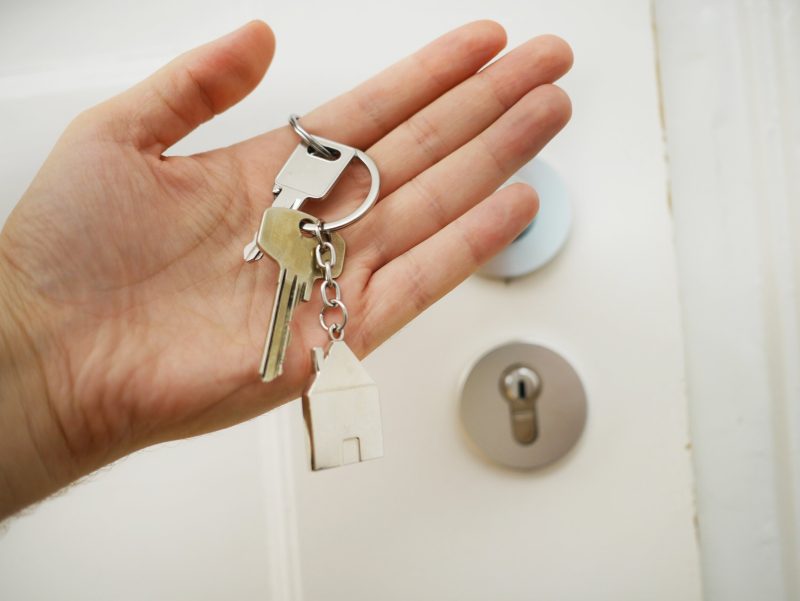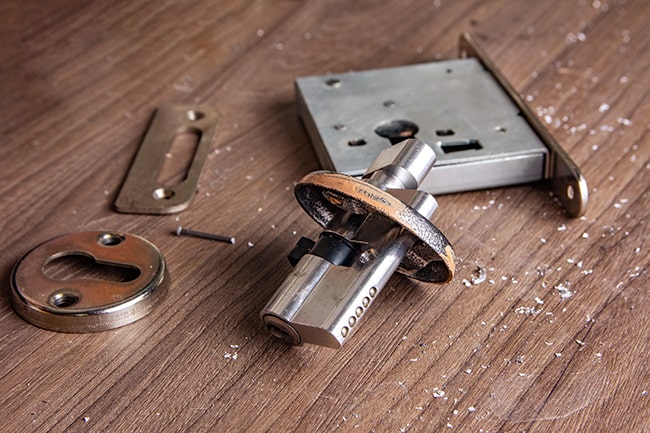Lock security is crucial in maintaining a safe and secure environment for your home or business. One effective method to enhance this security is rekeying your locks. Rekeying is a process where the internal mechanism of a lock is altered so that it can only be operated by a new set of keys, rendering old keys useless.

This article explores why rekeying your locks might be necessary and how it can benefit you.
Reasons for Rekeying Locks
Lost or Stolen Keys
One of the most common reasons to rekey your locks is the loss or theft of keys. When keys are lost or stolen, there is an inherent risk that someone unauthorized might gain access to your property. Rekeying the locks effectively removes the risk of old keys working, thus securing your premises against potential breaches. This is a critical step in maintaining security and peace of mind.
Recent Move or Property Purchase
If you’ve recently moved into a new home or purchased a property, it is highly recommended to rekey the locks. Previous owners or tenants might still have copies of the keys, and you cannot be certain who else has access. By rekeying the locks, you ensure that only you and your authorized individuals have access to your new home, enhancing security from the very beginning.
Change in Occupancy
In rental properties or shared accommodations, rekeying locks after a tenant or roommate leaves is essential. The departing individual might have made copies of the keys or given them to others, posing a security risk. Rekeying helps maintain control over who can access the property, ensuring that the new occupant is the only person with authorized entry.
Security Upgrades
As security technology evolves, rekeying locks can be part of a broader strategy to enhance security. If you’ve recently upgraded your security system or wish to implement new locking mechanisms, rekeying allows you to synchronize your keys with the latest technology. This ensures that your locking system remains robust and effective against unauthorized access.
Wear and Tear on Locks
Locks, like any other mechanical device, can experience wear and tear over time. If your locks are becoming less reliable or showing signs of damage, rekeying can be a temporary measure to improve security. However, if the locks are severely worn out, replacement might be a better option.
Benefits of Rekeying Locks
Cost-Effectiveness
Rekeying is often a more cost-effective solution compared to replacing entire locks. While replacing locks can be expensive, rekeying typically involves a lower cost, making it an economical choice for enhancing security. This budget-friendly option allows you to improve security without significant expenditure.
Convenience
Rekeying can simplify your security management by consolidating multiple keys into a single one. If you have various locks with different keys, rekeying them to operate with one key can be highly convenient. This eliminates the hassle of managing numerous keys and ensures easier access control.
Improved Security
Rekeying significantly improves security by ensuring that old keys no longer work. This is especially important after a security breach or when you suspect unauthorized key copies might be in circulation. By rekeying, you mitigate the risk of unauthorized access and enhance overall security.
Enhanced Control
With rekeying, you gain better control over who has access to your property. This is particularly useful in shared or rental properties where managing access is crucial. Rekeying allows you to keep track of key distribution and ensure that only authorized individuals have access.
The Rekeying Process
Professional vs. DIY Rekeying
While DIY rekeying kits are available, hiring a professional locksmith sherman oaks is often recommended. Professionals have the expertise and tools to perform the rekeying process efficiently and accurately. DIY attempts can lead to errors or damage, so consider hiring a qualified locksmith for the best results.
Steps Involved in Rekeying
The rekeying process involves several steps:
- Disassembling the Lock: The locksmith removes the lock from the door and takes it apart.
- Replacing the Pins: The internal pins in the lock are replaced to match the new key.
- Reassembling and Testing: The lock is reassembled and tested to ensure that the new key operates it correctly.
When to Consider Lock Replacement Instead
Damaged or Worn-Out Locks
If your locks are damaged or excessively worn, rekeying might not be sufficient. Signs of wear include difficulty turning the key, a key that sticks, or visible damage to the lock. In such cases, replacing the lock ensures that you have a reliable and secure locking mechanism.
Outdated Lock Technology
Older locks may not meet current security standards or may be less effective against modern threats. If your locks are outdated, consider upgrading to newer technology with enhanced security features. Modern locks offer better protection and advanced features that may be crucial for securing your property.
Choosing the Right Locksmith for Rekeying
Experience and Expertise
When selecting a locksmith for rekeying, choose one with experience in handling various types of locks and security systems. Look for certifications and qualifications that indicate expertise. An experienced locksmith will provide reliable and efficient service, ensuring that the rekeying process is completed accurately.
Reputation and Reviews
Research locksmith services by reading customer reviews and checking their reputation. Positive feedback and referrals from previous clients can provide insight into the locksmith’s reliability and quality of service. Choosing a reputable locksmith minimizes the risk of poor service and ensures that your rekeying needs are met.
Cost and Service Agreements
Understand the pricing structure for rekeying services and ensure that you are clear about the costs involved. Request a detailed service agreement that outlines the terms and guarantees. Transparent pricing and clear contractual terms help avoid surprises and ensure that you receive the service you expect.


